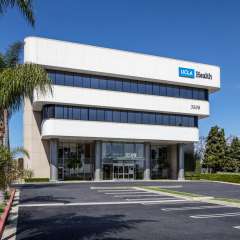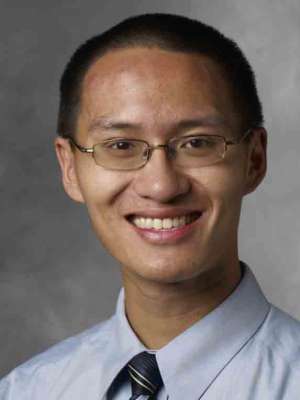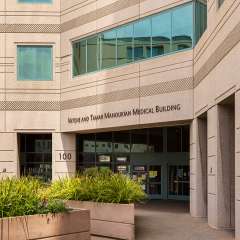Duc H. Do, MD, MS
- Cardiology
About
Dr. Duc Do is a cardiac electrophysiologist who practices in the downtown LA office and the UCLA Cardiac Arrhythmia Center in Westwood. He sees patient with arrhythmias, and implants all types of devices, including pacemakers, leadless pacemakers, implantable cardioverter defibrillators, and biventricular pacemakers/defibrillators. He also perform complex ablations including for ventricular tachycardia, premature ventricular complexes, atrial fibrillation, and atrial flutter. He is also a clinical instructor at the David Geffen School of Medicine at UCLA, and is board certified in internal medicine and cardiology.
Dr. Do received his medical degree from UCLA and then completed his internal medicine residency at Stanford University. He then returned to UCLA, where he completed his cardiovascular medicine and cardiac electrophysiology fellowships. At UCLA, he was also part of the prestigious STAR Program, which trains physician-scientists and stands for Specialty Training and Advanced Research.
In addition to his clinical work, Dr. Do performs cardiac research to better understand the pathophysiology of in-hospital cardiac arrests, and develop machine learning algorithms to predict cardiac arrests and their cause at the bedside. He is a member of the American Heart Association, the American Cardiology of Cardiology and other professional organizations.
Dr. Do was raised in Southern California. He is fluent in Vietnamese, and when he’s not working, enjoys landscape photography and hiking.
Languages
Education
Medical Board Certifications
Fellowships
Residency
Degrees
Locations

Medical Services
Videos
Research
Interests
Dr Do's research work focuses on understanding the pathophysiology of in-hospital cardiac arrests, and developing machine learning algorithms using continuous electrocardiography to predict cardiac arrests and their cause at the bedside.
Additional research interests include:
- catheter ablation of ventricular arrhythmias
- care pathway guided management of atrial fibrillation in the emergency department
Insurance
- Aetna
- Anthem Blue Cross
- Blue Shield of California
- Centivo
- Cigna
- First Health
- Health Net of California
- Interplan (part of HealthSmart)
- Medicare Advantage
- MultiPlan
- UFCM Health System
- Prime Health Services
- Private Healthcare Systems (PHCS)
- TRICARE
- UnitedHealthcare
The list of health care plans above may not be comprehensive and could change.
Please contact your benefits coordinator or health insurance company directly to verify coverage.
Visit our health insurance information page for more details.

